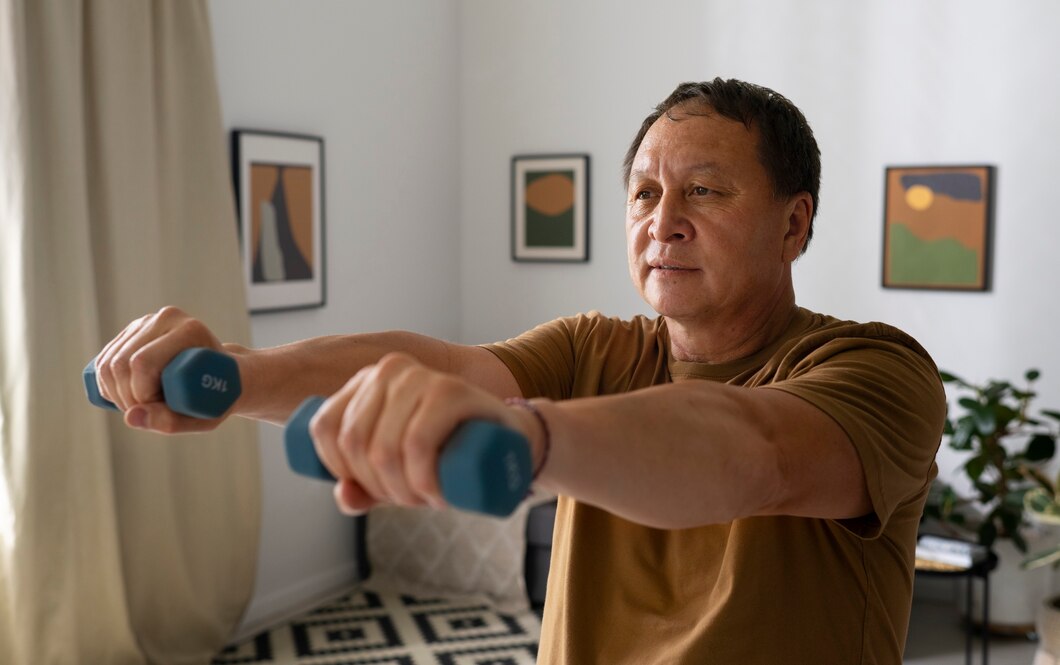Understanding Arthritis in Seniors
Arthritis is a common condition in older adults, characterized by inflammation and stiffness in the joints. It can significantly impact daily activities, causing pain and discomfort. The most prevalent forms include osteoarthritis and rheumatoid arthritis. Understanding these types is crucial for managing the symptoms effectively.
Types of Arthritis
Osteoarthritis
This degenerative joint disease results from wear and tear, affecting the cartilage that cushions the joints. It commonly affects the knees, hips, and hands.
Rheumatoid Arthritis
An autoimmune disorder where the immune system attacks healthy joint tissues, causing inflammation and joint damage. It can occur at any age but is more common in seniors.
Pain Management Strategies
Medications
Prescription and over-the-counter medications can help manage arthritis pain. Nonsteroidal anti-inflammatory drugs (NSAIDs), pain relievers, and corticosteroids are commonly used options. Consulting with a healthcare provider ensures choosing the most suitable medication without adverse effects.
Physical Therapy
Physical therapy can be incredibly beneficial for seniors with arthritis. Tailored exercise programs help strengthen muscles, improve joint flexibility, and reduce pain.
Hot and Cold Therapy
Applying heat or cold to affected joints can provide relief. Heat relaxes muscles and increases blood flow, while cold reduces inflammation and numbs the pain.
Assistive Devices
Using devices such as braces, canes, or shoe inserts can alleviate strain on joints and make daily activities more manageable.
Lifestyle Adaptations
Maintaining a Healthy Weight
Excess weight puts additional stress on weight-bearing joints, exacerbating arthritis symptoms. A balanced diet and regular exercise aid in weight management and improve overall health.
Balanced Diet
Eating a nutritious diet rich in vitamins, minerals, and anti-inflammatory foods can support joint health. Omega-3 fatty acids, found in fish and flaxseeds, are particularly beneficial.
Regular Exercise
Staying active is vital for managing arthritis. Low-impact activities such as walking, swimming, and yoga enhance joint mobility and overall fitness without putting excessive strain on the joints. Always consult a healthcare provider before starting any new exercise regimen.
Stress Management
Chronic pain can affect mental well-being. Practicing relaxation techniques, such as meditation and deep breathing exercises, can help manage stress and improve one’s quality of life.
Adequate Sleep
Quality sleep is essential for managing chronic pain conditions. Establishing a regular sleep schedule and creating a comfortable sleeping environment can enhance sleep quality and overall health.
Conclusion
Arthritis in seniors is a challenging condition, but with proper pain management strategies and lifestyle adaptations, it is possible to maintain a quality life. By incorporating medications, physical therapy, hot and cold therapy, and making lifestyle changes, seniors can effectively manage arthritis symptoms.
Recommended Reading:
- Effective Pain Relief Strategies for the Elderly
- Benefits of Health Monitoring Devices for the Elderly
Expanding your knowledge on arthritis management can significantly enhance the well-being and comfort of seniors. For more insights and health tips, visit our website regularly.




